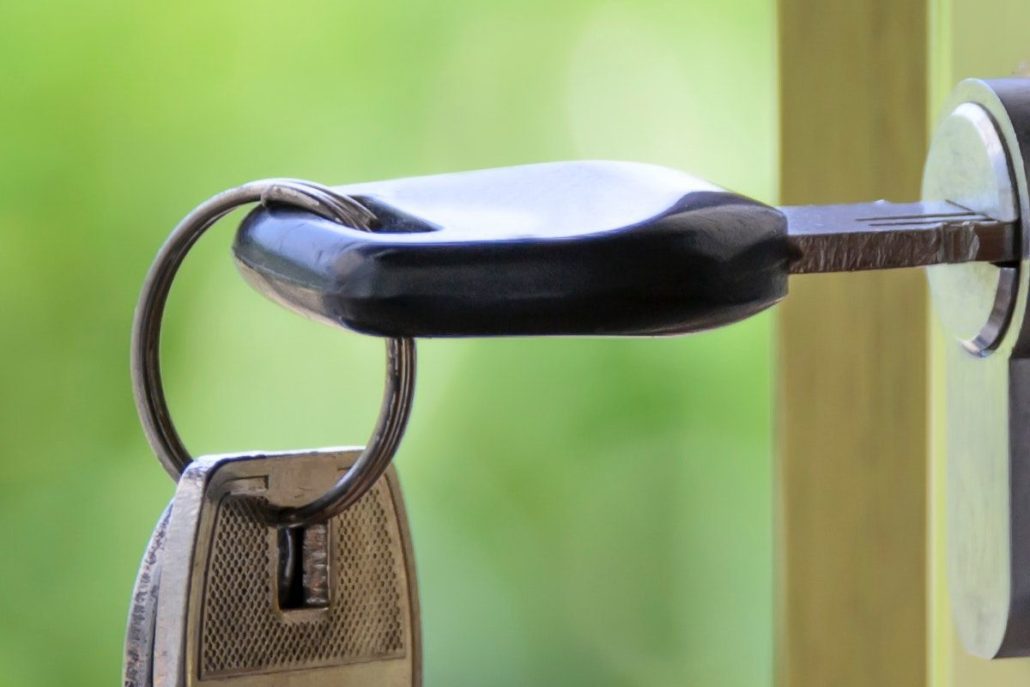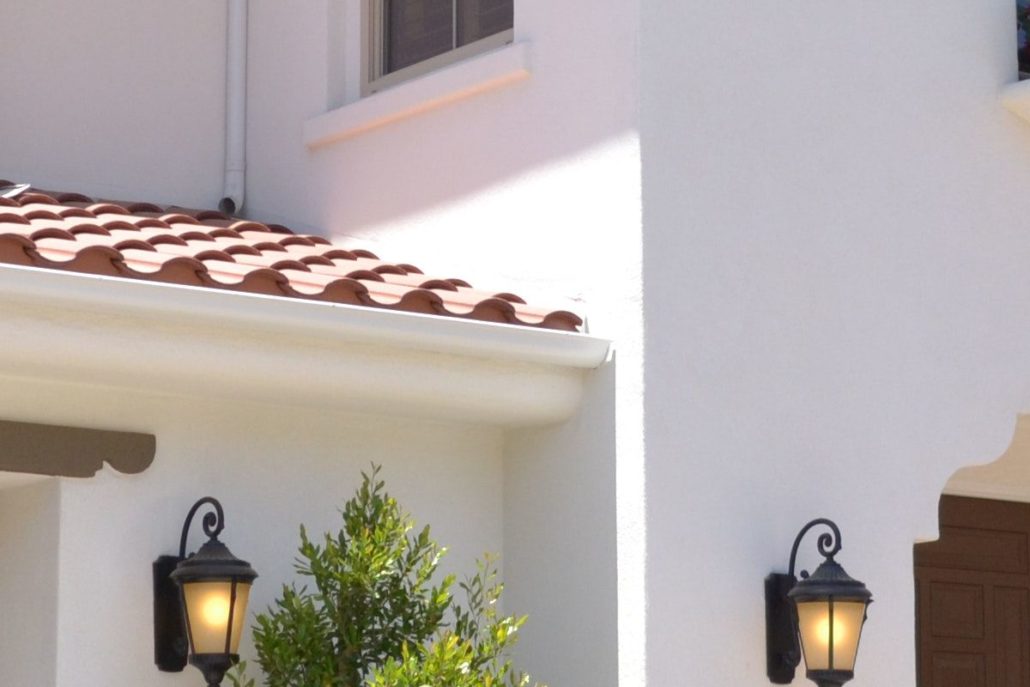Purchasing a second home is a great way to expand your investment portfolio and create a new income stream, whether you plan to flip the property after a few years or keep it as an ongoing rental. Whatever your plans, the process of buying a second home is likely to be a bit different than your experience buying your primary residence. Below are some things to keep in mind when deciding to buy a second home as an investment.
Research the same as when buying your primary home
Even if you won’t live in your new home, factors like proximity to schools, recreation and shopping can play a big role in how much rental income to expect or how much your new home will be worth if you decide to flip it later. Research trends in the area and look at how surrounding home values have changed over time. You may also consider buying a second home in an area your family would enjoy spending time in, making it a second residence or vacation home between tenants and while it grows in value.
Dreaming of a new home? Take your dreams off the whiteboard and turn them into blueprints with a home mortgage loan from Fairway’s First Team! Let us do all of the drawing and paint you a picture of a beautiful home with competitive interest rates. Call today at (503) 765-1150! pic.twitter.com/zRQihzzD98
— FairwaysFirstTeam (@FairwayImco) February 6, 2022
Buying a second home may mean a larger down payment
Banks view second mortgages as a higher risk and often ask for a higher percentage for a down payment, even with good credit. This may feel like a big hit upfront but can potentially lower your costs over time. Home loan options and IRS classification may also differ for homes purchased with the intent to rent out versus homes that you will live in yourself, whether full or part-time. Fairway Independent Mortgage Corporation can help you find the ideal mortgage for your unique goals, allowing you to make the best return on your investment.
Decide how hands-on you’ll be as a landlord
You may decide to rent out your second home, which may help you get the mortgage paid off more quickly. Landlords stand to make good income from an investment property, but remember that you also have an obligation to your tenants. You will be responsible for repairs and other emergencies 24 hours a day, every day. If being a fulltime landlord is too much work, you may want to work with a professional rental management company. You can trust a management company to keep up with changing rental laws, screen new tenants, chase down any past-due rent payments, and generally do the day to day work of managing your property.
Budget in extra costs
Remember that a second home will include additional expenses, whether you plan to live there part-time or keep it rented out as much as possible. Just like a second mortgage, insurance for second homes is typically higher than for primary residences. You will also want to consider utility payments (though tenants may cover some of these costs while renting) as well as general property upkeep and maintenance. You may choose to hire a property manager, especially if your new home isn’t near your primary residence, which will be another added cost.
Choose a local real estate agent
You want to work with a real estate agent who is familiar with the area you are looking to buy in. This is especially important if you are looking at homes in a different state, city, or even just a different neighborhood than where you live yourself. A local real estate agent should be up to date on community trends and have a pretty good idea of which properties will maintain value either as rentals or to flip later.

Buying a second home can be a great future investment, however you decide to make use of it. Be sure to do your research on the area, have a solid budget, and work with a local agent to find the perfect property in your desired location. Once you’ve decided on a home, the experts at Fairway Independent Mortgage Corporation are here to help you choose the perfect home loan option for your new adventure.

